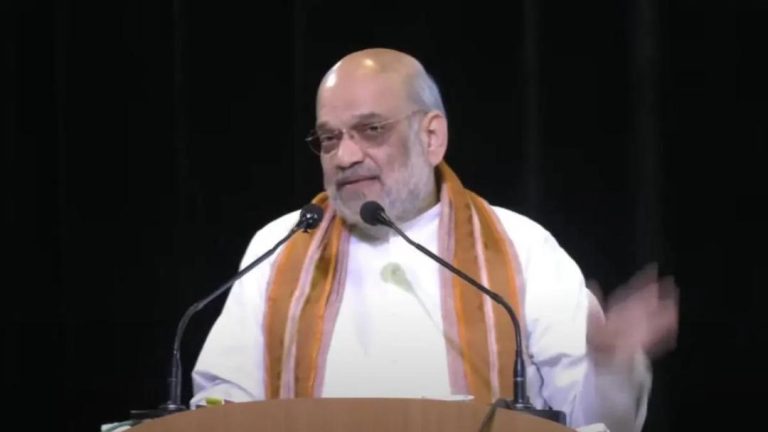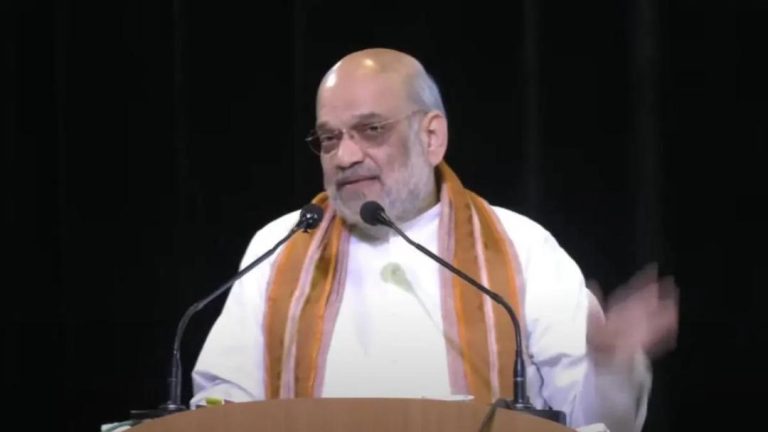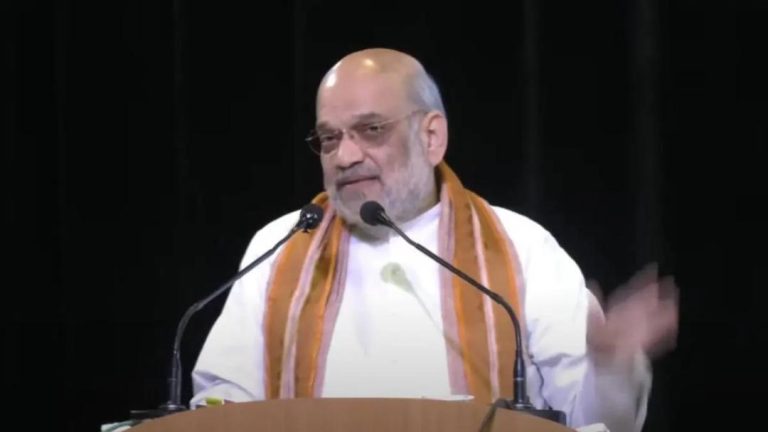
UK’s Oldest Scientific Academy to Hold Meeting to Discuss Musk’s Expulsion
The Royal Society, the UK’s oldest scientific academy, is set to hold a meeting on March 3 to discuss the fate of billionaire Elon Musk’s membership. The decision comes after over 2,700 scientists signed an open letter protesting against his membership. If Musk is expelled, it would be the first time in over 150 years since someone has been expelled from the academy.
The Royal Society was founded in 1660 and has a long history of promoting scientific excellence and innovation. Its membership comprises some of the world’s most renowned scientists and experts in their respective fields. However, the recent controversy surrounding Musk’s membership has raised questions about his suitability for the esteemed institution.
The open letter, which was published in January, accused Musk of spreading misinformation about climate change and science. The signatories, who include prominent scientists and academics, argued that Musk’s actions were damaging to the scientific community and undermining public trust in science.
The Royal Society’s decision to hold a meeting to discuss Musk’s expulsion is a significant development, as it is a rare occurrence. The academy has a strict code of conduct for its members, and expulsion is typically only considered in cases of serious misconduct or breach of ethics.
In a statement, the Royal Society said that the meeting would be held to “consider the allegations made against Mr. Musk and the implications of his membership.” The academy’s council will review the evidence presented in the open letter and make a decision on whether or not to expel Musk.
Musk, who is the CEO of SpaceX and Tesla, has been a vocal critic of the scientific community and has often clashed with experts in his fields. He has also been accused of spreading misinformation about climate change and other scientific topics.
The controversy surrounding Musk’s membership has sparked debate among scientists and academics about the role of social media in promoting scientific literacy and the importance of fact-checking. Many have argued that Musk’s actions are not only damaging to the scientific community but also undermine public trust in science and experts.
The Royal Society’s decision to hold a meeting to discuss Musk’s expulsion sends a strong message about the importance of upholding scientific integrity and promoting responsible scientific communication. If Musk is expelled, it would be a significant blow to his reputation and a victory for the scientific community.
The meeting will be closely watched by the scientific community and the public, as it sets an important precedent for the treatment of scientists and experts who engage in misinformation or unethical behavior. The Royal Society’s decision will also have implications for other scientific institutions and organizations that may be considering similar actions against members who engage in similar behavior.
In conclusion, the Royal Society’s decision to hold a meeting to discuss Musk’s expulsion is a significant development that highlights the importance of upholding scientific integrity and promoting responsible scientific communication. The outcome of the meeting will be closely watched by the scientific community and the public, and will have important implications for the treatment of scientists and experts who engage in misinformation or unethical behavior.






